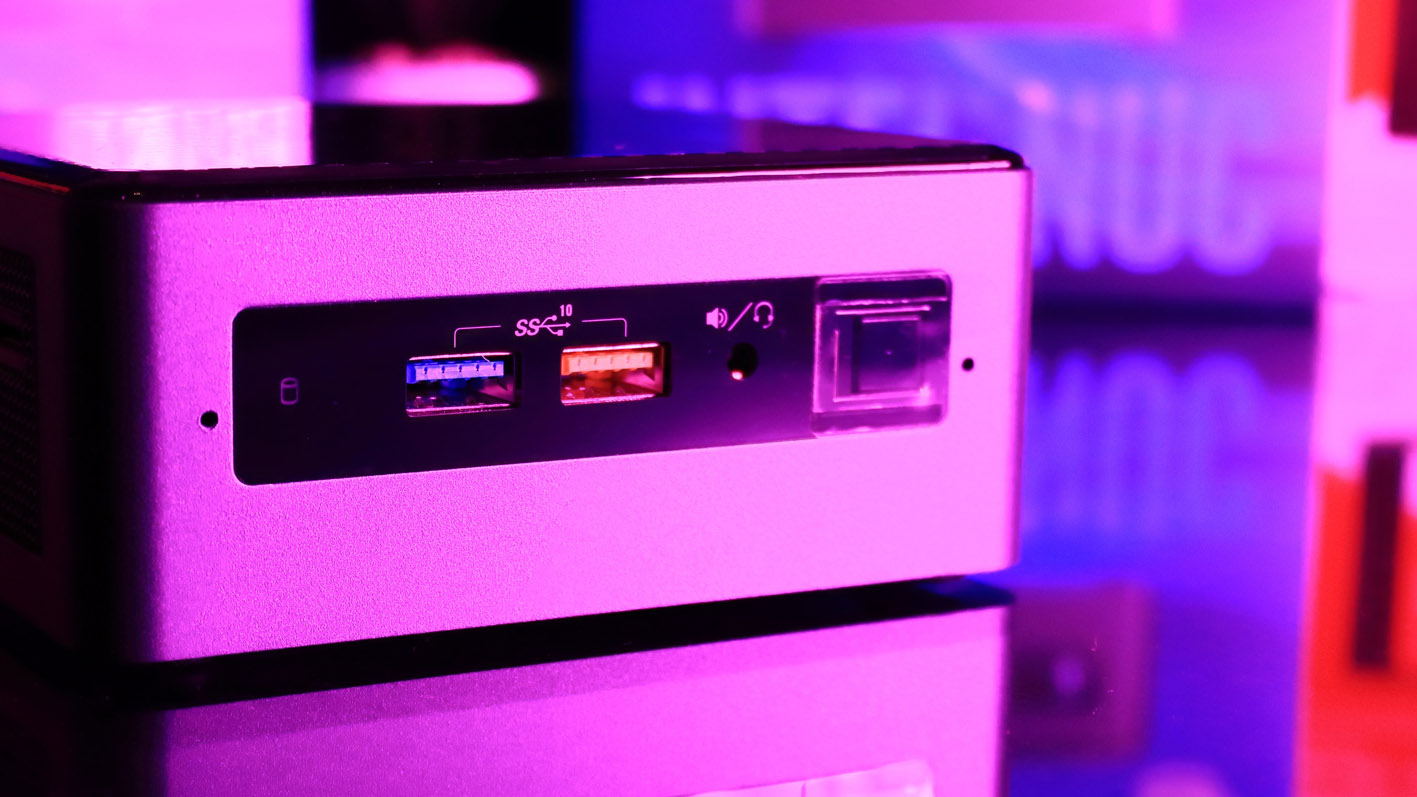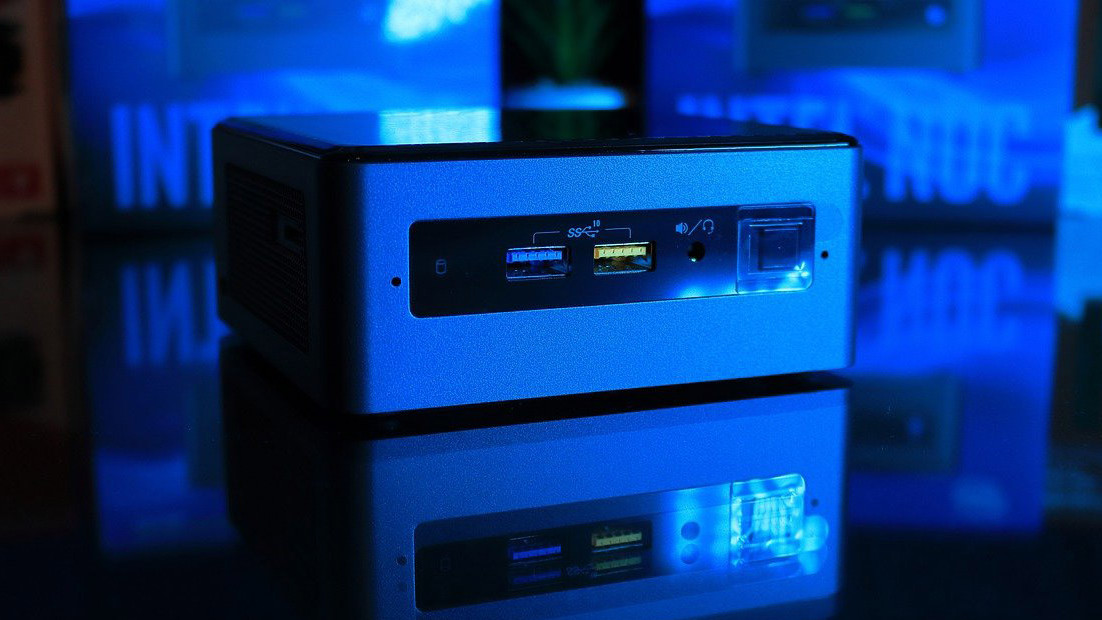Intel NUC: A Journey of Popularity and Innovation
Over the years, the Intel Next Unit of Computing (NUC) has attracted a lot of interest and become rather popular in the field of small computing. Since its launch, the Intel NUC has transformed from a specialised device to a well-known and in-demand answer for a range of computing requirements.
The 2012 release of the Intel NUC brought about a dramatic change in the micro PC market. When the first NUC models were released, they attracted interest from early adopters and tech enthusiasts looking for a powerful yet compact computer solution because of their small form factor and remarkable processing capability. Its small size and strong performance made it a desirable substitute for conventional desktop towers, particularly for those looking to create a small home theatre system or for those with limited space.
With the growing need for small-sized, high-performance computing solutions, Intel kept improving and refining the NUC series. Through several versions, the user experience, connection, and performance were all improved. The NUC's processing capacity was boosted by the incorporation of the newest Intel processors, including the Core i3, i5, and i7, which allowed it to do a wide variety of activities, from basic computing to multimedia editing and light gaming.
In addition, the NUC design evolved to accommodate the growing demands of contemporary users by introducing sleeker looks and a range of connector options, like USB-C, HDMI, and Thunderbolt. These developments cemented the NUC's standing as a desktop solution that saves space and a good option for home theatre PCs, digital signage, and even commercial applications across a range of sectors.
Intel expanded the range of NUC models in its portfolio by adding specialized versions made for particular use cases in order to serve a wider range of consumers. The development of NUCs tailored for content makers, gamers, and business professionals increased the product's accessibility and appeal to a wider range of user demographics. Power users and professionals with specialist computing needs were catered to with these NUC variations, which included dedicated graphics cards, more storage choices, and sophisticated cooling systems.
Intel kept up with the rapid pace of technological progress by incorporating its most recent innovations into the NUC series, guaranteeing that every version maintained the highest standards of efficiency and performance. The integration of Intel's 11th and 12th generation CPUs, which come with better integrated graphics and multi-core capabilities, greatly increased the processing power and graphical performance of the NUC. This change put the NUC in a strong position for consumers looking for high-performance computing in a small form factor.
With time, the Intel NUC saw considerable adoption in the business and industrial sectors in addition to among regular customers. Its powerful performance, energy economy, and compact size make it a desirable option for a range of applications, such as point-of-sale systems, retail kiosks, and digital signage installations. Furthermore, the NUC's application in office and educational settings demonstrated its versatility and dependability, highlighting its broad adoption and integration in a variety of professional contexts.
The Intel NUC's path from its modest beginnings to its present position as a major player in the tiny computing space serves as an excellent example of the value of creativity, flexibility, and user-centred design. The Intel NUC has established itself as a flexible computing solution that meets the demands of professionals, consumers, and a range of sectors thanks to steady improvements in performance, form factor, and adaptability. The Intel NUC is still positioned to lead the way in the field of small-footprint, high-performance computing solutions as technology advances.





